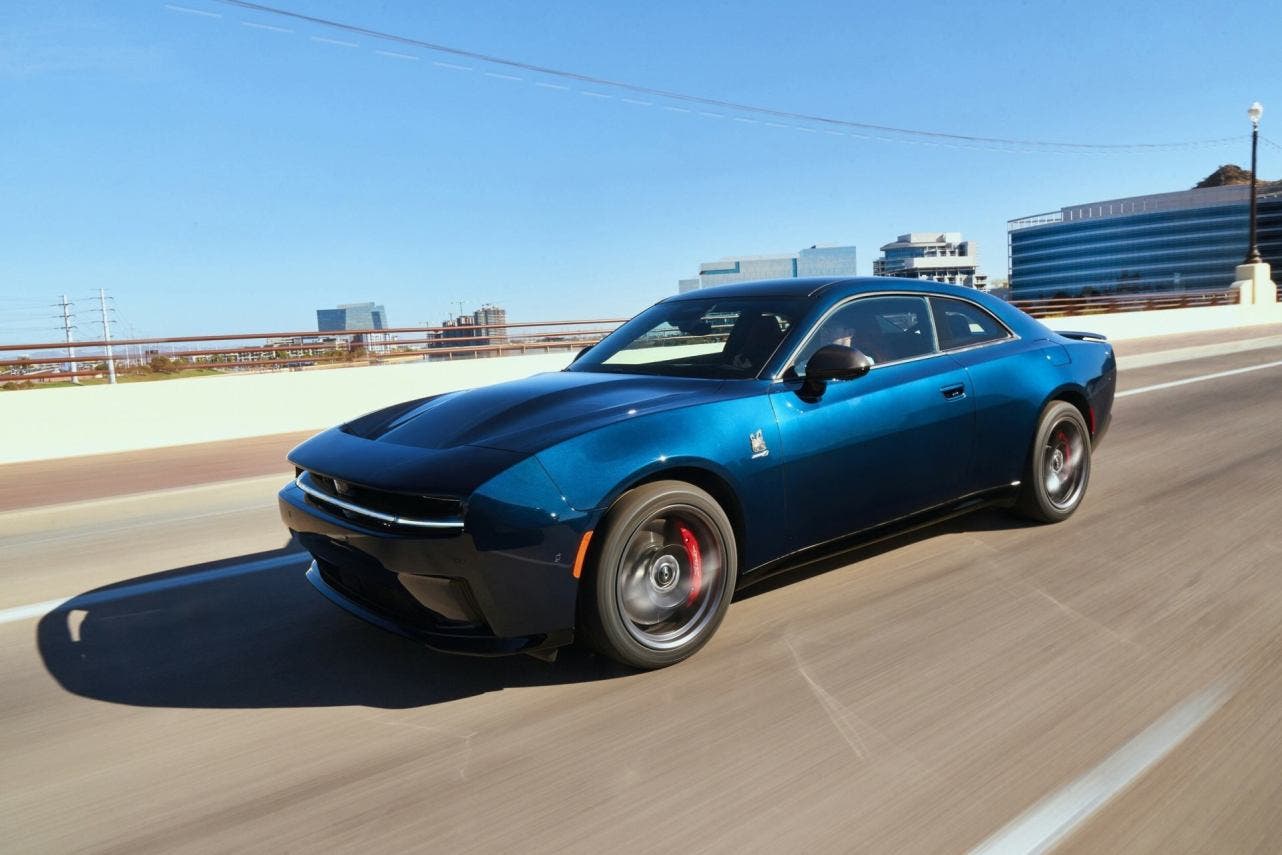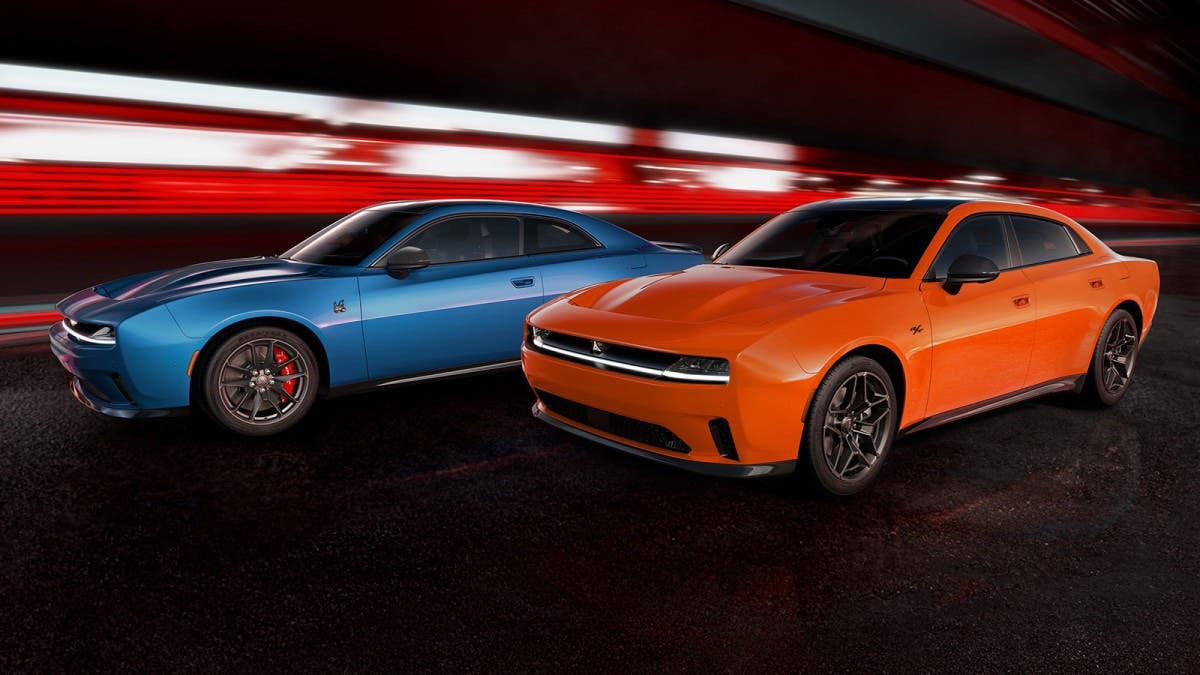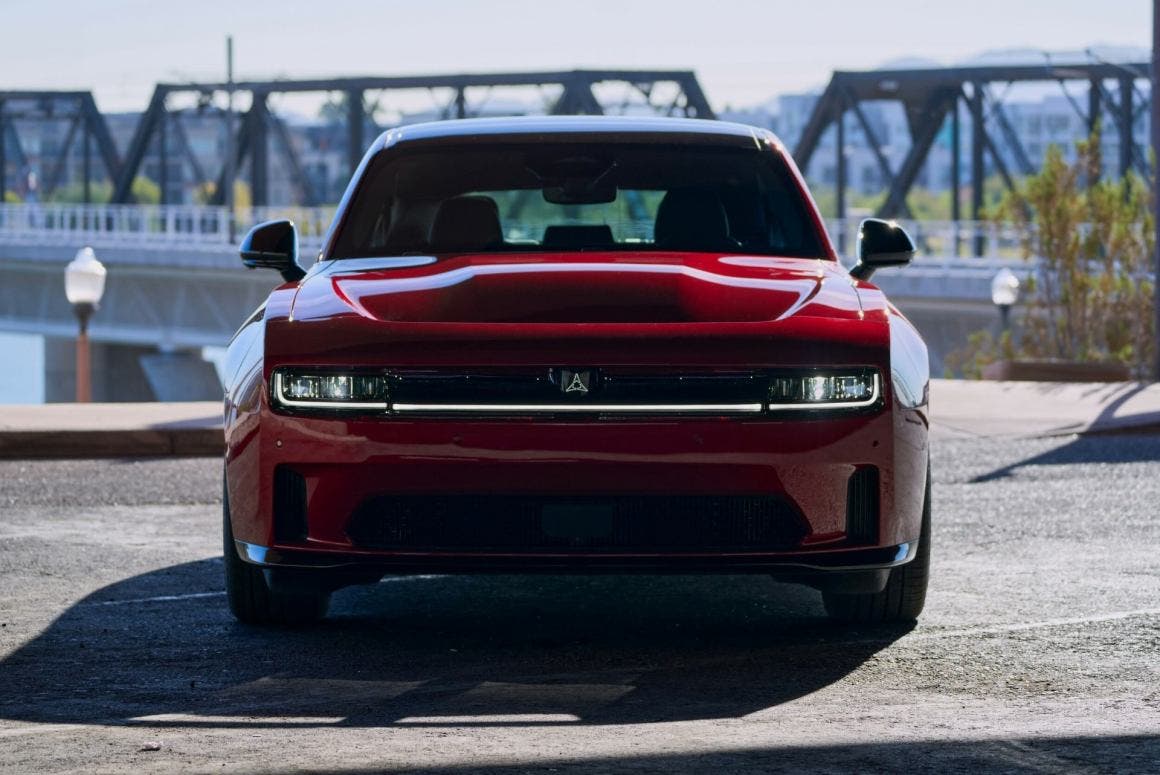The Dodge Charger Daytona EV‘s failure to capture enthusiasts’ hearts is well-known. This keeps sales very low, as we’ve reported previously. Commercial results fall far short of expectations due to the cold reception from potential buyers. That’s why dealer lots are full of unsold vehicles.
Managers miscalculated, underestimating their specific target customer base who are accustomed to V8 engines and fast, loud beasts. People passionate about sports cars or muscle cars struggle to accept electric propulsion. It’s not about performance, but about sound, emotions, sensory engagement, and the thrill that stirs the heart. These are things that electric vehicles, as cold as refrigerators, simply cannot deliver.
Dodge Charger Daytona: nobody wants the electric muscle car and the automaker offers steep discounts

The executives at the American automaker are desperate. To try selling the Dodge Charger Daytona EV, they’ve decided to apply a substantial $6,500 discount, which adds to the equally substantial discounts already offered by dealerships. This is an almost desperate attempt to shake things up. It’s striking to see such large price reductions on a new car. Usually, sales come later, but with customers staying away, they must try everything possible to reverse the trend.
The fundamental error remains: they had great expectations for the electric model, convinced they had customers on their side. The awakening was like a cold shower due to the commercial flop, which would have been widely predictable had they better analyzed the market. Many had already foreseen this situation. Many, except for Stellantis‘ leadership.

The transition from combustion engines to fully electric ones is proving extremely difficult. People don’t like battery-powered cars and are trying to make this understood in every way possible, even to legislators who want to ideologically impose this solution, blindly followed by company executives not always up to their task. The results of the new Dodge Charger Daytona EV reflect the public’s hostility toward abandoning combustion engines, especially in sports cars and muscle cars, which lose their charisma and appeal when powered by electricity.
The severity of the situation for the American vehicle is confirmed by the discounts already applied, now joined by the parent company’s $6,500 cash rebate, according to Cars Direct, which cites a bulletin sent to dealers. The absence of the Hemi V8 engine is keenly felt, and the extended wait for the Dodge Charger Sixpack with its internal combustion engine, delayed by Trump’s tariffs, further complicates matters. If the latter does well upon its market arrival (which is very likely), it will prove that the Daytona EV was a major mistake. Unfortunately, in life, you have to pay for your mistakes.

